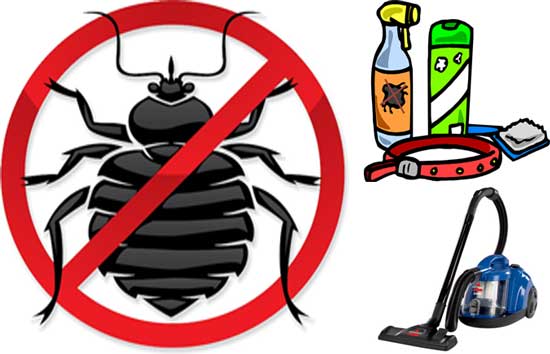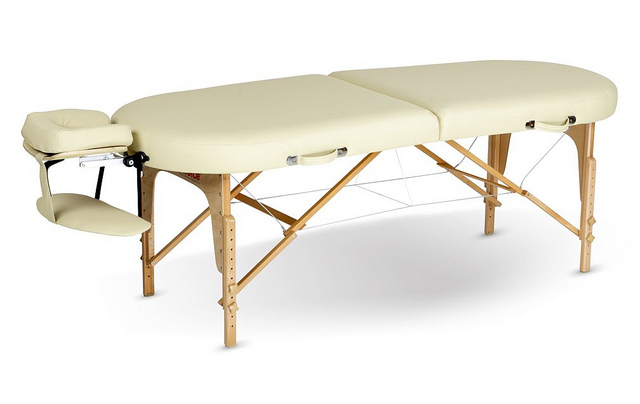Depression after delivery is becoming more prominent these days. Statistics show that about 15% of new mothers in the United States suffer from Depression after delivery, commonly referred to as postpartum depression. Well, it could be because people are acknowledging it nowadays no wonder the increase.
What is depression after Delivery?
Immediately a baby is born, the mother goes through a lot of changes both emotionally and physically. She might notice the weight gain and the lack of sleep during the first few months. There instances where these moms go through the “Zombie” mode. This is where more than often the mom is absent minded.
Due to the deprived sleep and the continuous crying of the baby, the mother becomes easily irritable. This period is where she needs support most. She feels like nobody understands her and the raging hormones are of no help either. This might take a while but if these symptoms persist over 14 days, then its best to see a doctor who might be in a right position to determine if it is Postpartum Depression.
Most people tend to confuse Baby blues and Depression after delivery. These are indeed two different condition that are some how related. Baby blues are more of short term and last for about two weeks. Depression after delivery on the other hand tend to be prolonged. Therefore, If you notice these symptoms, it is important to contact your Obs/Gynae Immediately.
Difference between Baby Blues and Postpartum Depression

A few years back, Jennifer Lopez came out and confessed she went through the baby blues phase after the delivery of her twins. She indicated it was a tough period as her hormones were over the roof and the constant mood swings were taking her over the edge. This clearly opened the eyes of many women to embrace the period and get understanding from their relatives.
Baby blues symptoms
- Feeling sad and overly emotional and weepy
- Mood instability including feeling sad, lonely and angry
- These symptoms lasts two weeks after delivery
Postpartum Depression
- Symptoms are much longer than the baby blues period and are more severe
- moderate to Severe mood swings, feeling moody, weepy, angry, sad, lost of interest in the baby and sometimes suicidal tendencies
- These symptoms can even come 2-3 months after delivery they are not that specific to timing. They can also be extension of baby blues
Treatment
After a diagnosis your doctor’s aim will be handling the insomnia. Therefore you might be put on antidepressants. It is important to have a good talk with your doctor about the medicines if still breastfeeding since some drugs like lithium are excreted in breast milk.
Supportive management from Relatives and partners also play a major role in the road to recovery. Once your partner is on board, He/She might be in a better position to understand your problem and assist where necessary.
If you have suffered from postpartum depression before, your doctor might put you on some antidepressants after delivery to curb any episodes.
Conclusion
Postpartum depression is condition that can be easily managed when diagnosed early. It is not wrong to suffer from it and once as a new mother you feel like you are sinking. Talk about it and get help.



